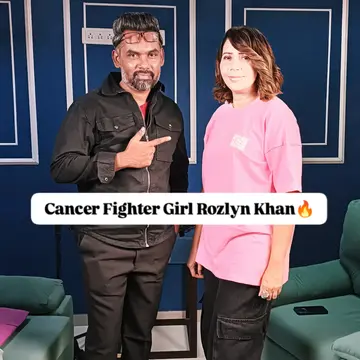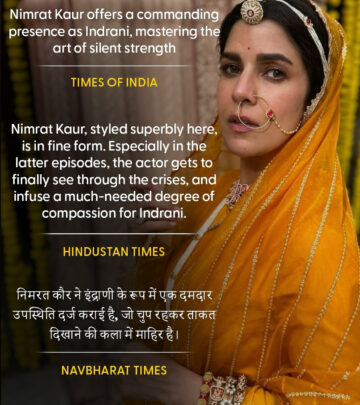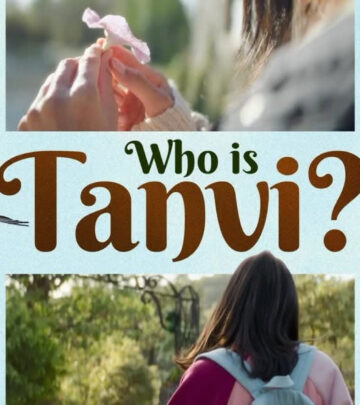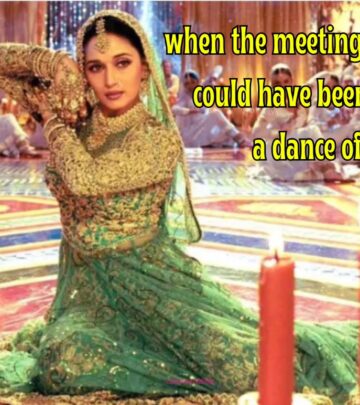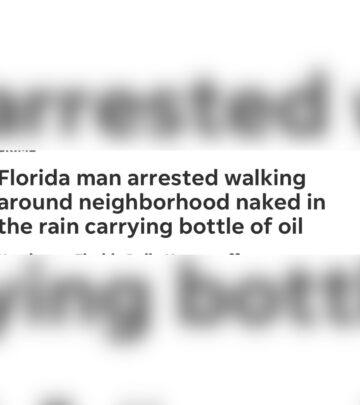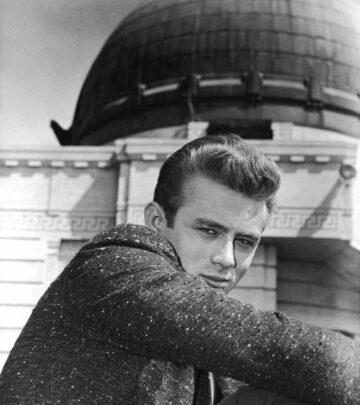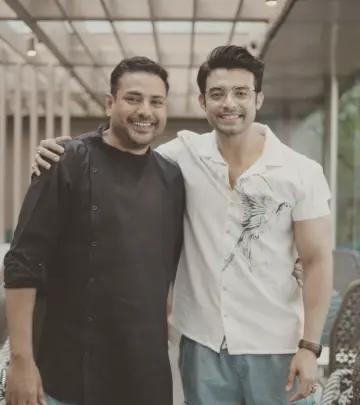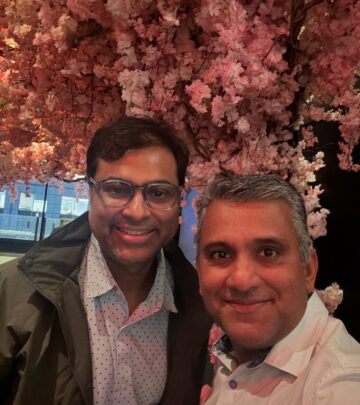TV Actors Criticized For TRP-Driven Controversies
Critique of controversial TRP moves sparking heated debates in media and actor norms today.

Image: Instagram
In a candid Instagram post, Rozlyn Khan has stirred up conversation by critiquing the behavior of TV actors who, she claims, are ready to say anything for high TRP ratings. The post, written in Hindi, reads, “Sach kahun toh… thoda afsos hota hai tv actors pe , jo TRP ke liye kuch bhi bol dete hain. Aur waise bhi… bada actor sirf screen se nahi, soch se bhi bada hota hai.” This pointed remark comes on the heels of controversies where one actor has been accused of blaming Muslim actors for maintaining silence in a war-like situation, while another has reportedly played the sympathy card, lamenting a loss in fans for supporting an operation sindoor. In her unmistakably frank style, Rozlyn also mocks the notion of transforming a national tragedy into a PR strategy, signing off with a sarcastic nod—“Mahaan ho tum dono 👍😂”—and tagging icons like Amitabh Bachchan, Deepika Padukone, Alia Bhatt, and Shah Rukh Khan.
Critique On Trp Chasing Behavior
The heart of Rozlyn Khan’s commentary centers on a growing distrust of actors willing to compromise their integrity for television ratings. By highlighting instances where emotional and sensitive national events are repurposed into PR stunts, she raises an important question about the ethics of celebrity commentary. Her post implicitly challenges the notion that fame and gravitas depend solely on a star’s on-screen presence. Instead, she suggests that true greatness also comes from thoughtful engagement and responsible behavior off-screen.
The post not only critiques individual actions but also reflects a broader sentiment among audiences and industry insiders alike. While some argue that dramatic statements help capture public attention in an increasingly saturated media environment, others see this as a dangerous trend that blurs the lines between entertainment and insensitive political commentary. Critics believe that leveraging national tragedies for TRP not only undermines the gravity of such events but also risks deepening societal divides during already challenging times.
Social Media Reaction And Industry Impact
Social media users have been quick to weigh in on Rozlyn’s observations. Many applaud her for holding the industry accountable, noting that the undue emphasis on ratings has often led to irresponsible behavior. At the same time, the conversation has reopened debates about the role and responsibility of celebrities as public figures. In recent months, similar controversies have surfaced, prompting further reflection on how sensitive issues—be they political, cultural, or social—should be discussed and represented in the media.
Beyond just criticism, there is also an introspective look being taken by those within the industry. Veteran actors such as Amitabh Bachchan, who was tagged in the post, are often seen as exemplars of elevating public discourse not just through performance, but also through their thoughtful public statements. In contrast, the post suggests that some of today’s TV actors have veered too far from that higher standard by resorting to sensationalism. The hashtags accompanying the post, including those for Deepika Padukone, Alia Bhatt, and Shah Rukh Khan, further highlight the juxtaposition between celebrated icons known for their professionalism and contemporaries whose actions are now under scrutiny.
Rozlyn Khan’s social media presence has not been without its own share of controversies and revelations. In previous posts, she has candidly discussed personal battles and shared updates on her upcoming projects, ranging from podcast interviews to discussions about her health challenges. A recent interview teased on her account, which portrayed her in a thoughtful and reflective light, contrasts with the overt criticism seen in her latest post. This multifaceted social media persona underscores how celebrities today navigate both personal expression and public accountability.
Industry Reflections And Future Implications
As the debate intensifies, industry observers are calling for a renewed focus on ethical communication. The criticism leveled by Rozlyn Khan is seen by many as a wake-up call—a reminder that in the race for higher ratings, there is a risk of sacrificing moral responsibility. The phenomenon of using national or sensitive issues as fodder for publicity is not new, but it has grown more pronounced in today’s digital era where every statement resonates instantly with millions.
The broader conversation now shifts towards finding a balance. While media and entertainment thrive on engaging content and dramatic storytelling, there is an emerging consensus that this should not come at the cost of decency and respect. By questioning these trends, Rozlyn Khan’s post has spurred both fans and critics to reflect on what really matters in public discourse. Moreover, it challenges industry leaders to consider how their platforms may contribute to or detract from the overall quality of social and political conversation.
In the end, the discussion sparked by this Instagram post reveals a pivotal moment for the industry. With established figures setting high benchmarks for integrity and accountability, there remains hope that newer generations of actors can learn to balance commercial success with ethical responsibility. The onus is on both the media and its consumers to demand content that not only entertains but also upholds the values of truth and respect.
This incident serves as more than just a fleeting moment of online banter. It is a reflection of evolving media dynamics and a call for introspection among those who have a significant influence on public sentiment. As audiences continue to engage with these debates, the hope is that the industry will pivot towards a more responsible and sensitive mode of storytelling.
Read full bio of Jehangir Irroni




